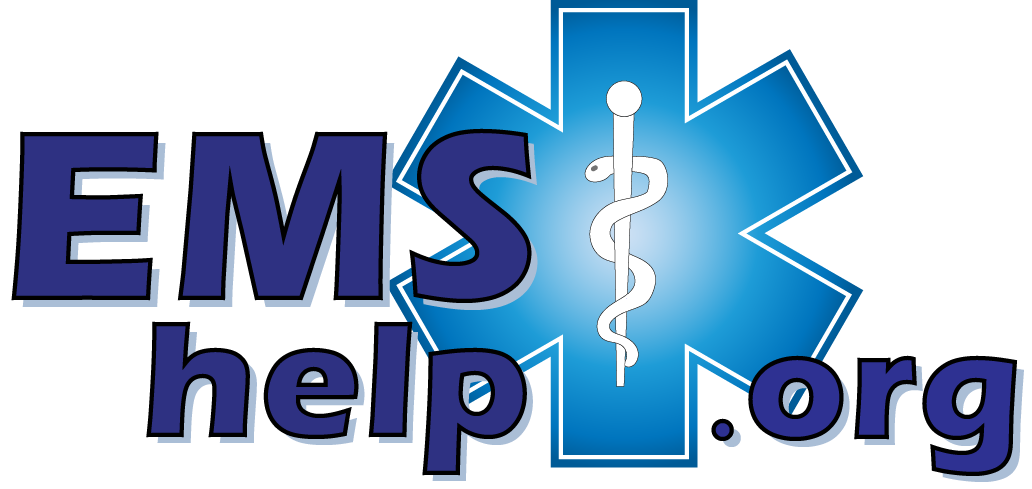Crisis Text Line: Text Home to 741741 for free, 24/7 crisis support in the US
Safe Call Now: 206-459-3020 Safe Call Now is a CONFIDENTIAL, comprehensive, 24-hour crisis referral service for all public safety employees, all emergency services personnel and their family members nationwide
National Suicide Prevention Lifeline at 1-800-273-TALK (8255) for free, 24/7 crisis support in the US
Stress
Everyone feels stressed from time to time. But what is stress? How does it affect your health? And what can you do about it?
Stress is how the brain and body respond to any demand. Every type of demand or stressor—such as exercise, work, school, major life changes, or traumatic events—can be stressful.
Stress can affect your health. It is important to pay attention to how you deal with minor and major stress events so that you know when to seek help. The National Institute of Mental Health has some great resources to help you deal with the stress in your life and your work.
Take the time to Test Your Stress to determine what stress level you may be at and to get resources to learn and cope with your stress.
Stress Levels
Acute Stress
Begins on-scene or within 24 hours
Very obvious, very connected to fight or flight
Responders may become overwhelmed
Physical symptoms kick in
Blood flow diversion and shaking
Bladder and bowel issues
Psychological responses
The prefrontal cortex shuts down
Delayed Stress
Begins 48 or more hours
after the incidentSymptoms are similar
to acute stressOften confusion about
this stress response
due to the delay
Cumulative Stress
Results from coupling unrealistic expectations
with good intentionsToo much of something
Not enough time off / away
Not enough balance in one’s life
PTSD
Psychological disorder (PTSD) listed in the DSM-V
Is the end result of exposure to stress trauma which is so extreme, that it is beyond human coping capacity
Trauma gets stored in the frontal lobe and the brain is unable to process the event to long-term memory
Repeated attempts to process the event result in multiple fight or flight reactions
Glucocorticoids then damage the limbic system
PTSD is the survival response in the wrong cycle
INTRUSION: Recurring thoughts, images, flash bangs, nightmares,
the event feels like it is constantly in your faceAROUSAL: Increased anxiety, breathing, heart rate, etc., similar to the fight or flight response experienced on-scene
AVOIDANCE: We spend a great deal of time and energy trying not to think about it

